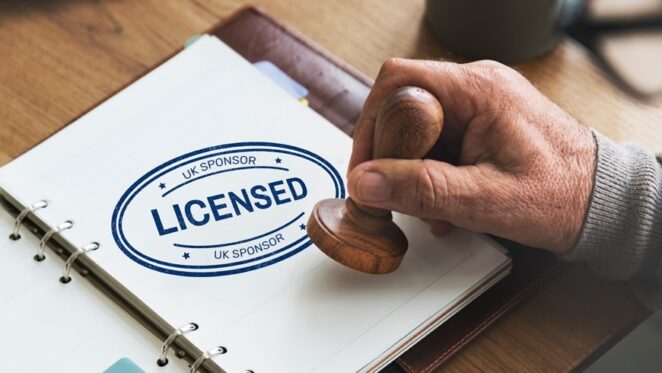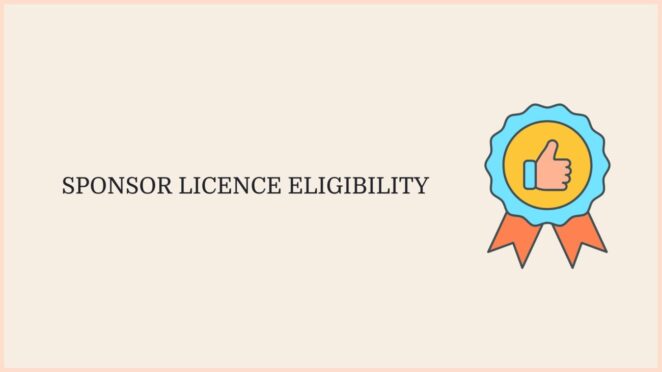In today’s global economy, businesses need access to the best talent—regardless of where that talent originates. For UK employers looking to recruit skilled workers from overseas, obtaining a sponsor licence is a crucial step.
Whether you’re a small business seeking niche expertise or a large company expanding your international workforce, this licence opens the door to a wider pool of talent and helps ensure compliance with UK immigration law.
What Is a Sponsor Licence?

A sponsor licence (previously known as a Tier 2 sponsor licence) is a formal authorisation granted by the Home Office that allows UK-based employers to hire workers from outside the UK under the Skilled Worker route or other applicable visa categories. Without it, you cannot legally employ non-UK nationals who don’t already have the right to work in the UK.
The licence enables you to issue Certificates of Sponsorship (CoS) to potential employees, which they then use to apply for their work visa.
Who Needs One?
Any UK business or organisation planning to employ foreign nationals on a Skilled Worker visa must hold a valid sponsor licence. This applies across sectors—from tech and finance to healthcare and hospitality. Even start-ups or smaller enterprises can apply, provided they meet the eligibility requirements.
In a post-Brexit landscape where EU citizens now also require visas to work in the UK, the need for a sponsor licence has grown significantly for companies seeking access to a broader, international workforce.
Meeting the Eligibility Criteria

To be granted a sponsor licence, your business must meet certain requirements. This includes being a genuine organisation operating lawfully in the UK, having appropriate systems in place to monitor employees, and committing to fulfilling sponsor duties.
You’ll also need to appoint key personnel—such as an authorising officer and a level 1 user—who are responsible for managing the licence through the Sponsor Management System (SMS).
Ensuring these roles are filled by trustworthy staff is critical to maintaining compliance.
The Home Office expects sponsors to comply with strict rules and responsibilities, including keeping accurate records and reporting changes to an employee’s role or circumstances.
Benefits of Professional Guidance

Applying for a sponsor licence can be a complex and time-consuming process, especially if you’re unfamiliar with immigration law.
That’s why many businesses turn to specialists for help. A skilled immigration advisor can assist with the application, help gather the necessary documentation, and ensure you’re fully prepared for any Home Office compliance checks.
For businesses seeking reliable support, Vanessa Ganguin Immigration Law offers expert assistance with every aspect of the sponsor licence process—from initial application to long-term compliance and licence management.
Final Thoughts
Securing a sponsor licence is an essential move for UK employers who want to remain competitive and attract top talent from abroad.
With the right legal guidance, the process becomes far more manageable and greatly reduces the risk of delays or complications.
In a tight labour market, being able to recruit globally is not just an advantage—it’s a necessity.



